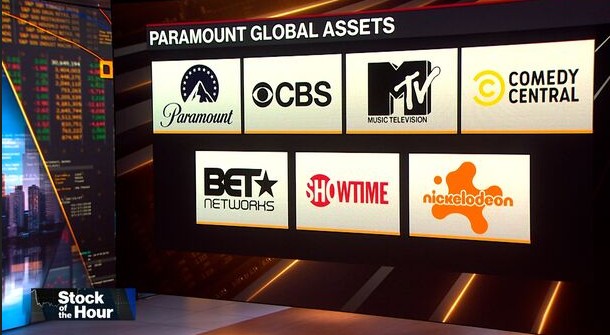Despite the growing anime market, the trend of live-action remakes continues to spark debates among fans. Recently, Netflix announced its latest project, a live-action version of "Solo Leveling," a story that has captured hearts since its inception as a web novel in 2016. While many fans love the original tale of Sung Jin-woo, a weak monster hunter who gains incredible power, skepticism surrounds the remake. Critics like Spanish anime enthusiast Ander Guerrero emphasize that the intricate fight scenes are challenging to replicate in a live format, which risks disappointing viewers.
Live-action adaptations have had a rocky history in the West, with previous failures like the ill-fated "Dragonball Evolution" and "Ghost in the Shell," which drew ire for cultural misrepresentation. Despite this, Hollywood continues to pursue these projects, aiming to capitalize on the lucrative anime market, projected to grow significantly in the coming years. Notably, data shows that more than half of Netflix's 300 million subscribers watch anime, shining a light on the genre's increasing popularity.
The climate for anime has shifted dramatically, moving from niche to mainstream popularity, particularly during the pandemic. Some fans express fatigue with typical Hollywood plots, favoring anime for its emotional depth and cultural context. The success of Netflix’s recent adaptation of "One Piece" indicates a potential pathway for achieving success in live-action remakes, particularly with authentic representation on board.
As fans await the outcome of "Solo Leveling," hopes are high that a predominantly Korean cast and crew will resonate better with the original material. Archie Moyo, an enthusiastic supporter from Zimbabwe, believes this approach can retain the essence of the story, offering a cultural connection that Hollywood adaptations often miss. The excitement surrounding the project persists, with many hoping it will introduce new fans to the vibrant world of anime.
Live-action adaptations have had a rocky history in the West, with previous failures like the ill-fated "Dragonball Evolution" and "Ghost in the Shell," which drew ire for cultural misrepresentation. Despite this, Hollywood continues to pursue these projects, aiming to capitalize on the lucrative anime market, projected to grow significantly in the coming years. Notably, data shows that more than half of Netflix's 300 million subscribers watch anime, shining a light on the genre's increasing popularity.
The climate for anime has shifted dramatically, moving from niche to mainstream popularity, particularly during the pandemic. Some fans express fatigue with typical Hollywood plots, favoring anime for its emotional depth and cultural context. The success of Netflix’s recent adaptation of "One Piece" indicates a potential pathway for achieving success in live-action remakes, particularly with authentic representation on board.
As fans await the outcome of "Solo Leveling," hopes are high that a predominantly Korean cast and crew will resonate better with the original material. Archie Moyo, an enthusiastic supporter from Zimbabwe, believes this approach can retain the essence of the story, offering a cultural connection that Hollywood adaptations often miss. The excitement surrounding the project persists, with many hoping it will introduce new fans to the vibrant world of anime.


















